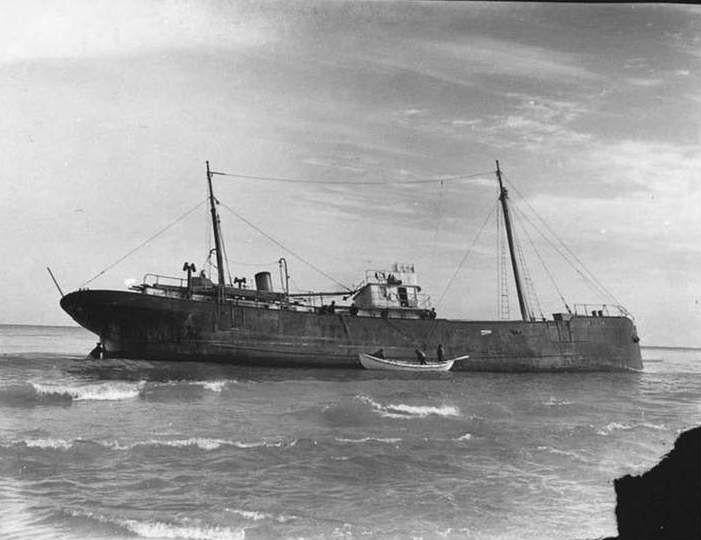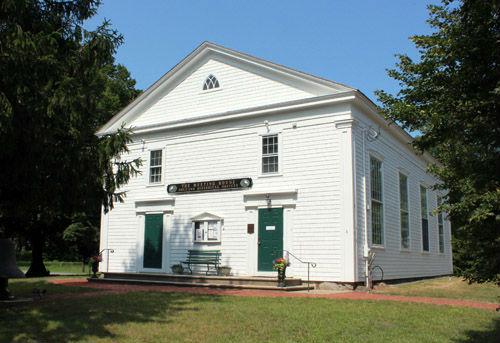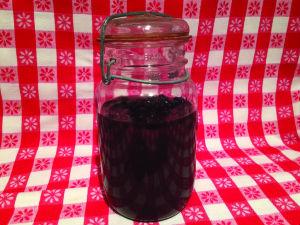British boat carrying 230 tonnes of blueberries which sank in 1939 reemerges off Massachusetts coast
The ship has been found in shallow water close to the coastline

Your support helps us to tell the story
From reproductive rights to climate change to Big Tech, The Independent is on the ground when the story is developing. Whether it's investigating the financials of Elon Musk's pro-Trump PAC or producing our latest documentary, 'The A Word', which shines a light on the American women fighting for reproductive rights, we know how important it is to parse out the facts from the messaging.
At such a critical moment in US history, we need reporters on the ground. Your donation allows us to keep sending journalists to speak to both sides of the story.
The Independent is trusted by Americans across the entire political spectrum. And unlike many other quality news outlets, we choose not to lock Americans out of our reporting and analysis with paywalls. We believe quality journalism should be available to everyone, paid for by those who can afford it.
Your support makes all the difference.When the British freighter Lutzen ran aground off the coast of Cape Cod in 1939, it was bound for New York with a cargo of blueberries. One member of the ship’s crew was killed, but the fruit it was carrying was frozen, and much of it found its way into dishes cooked by locals hired to unload the vessel.
Now, 77 years later, marine surveyors say the lost lost 339-ton ship has emerged again and is sitting in shallow water about 400 feet offshore from the town of Orleans.
“It is slowly emerging,” marine surveyor John Perry Fish told the Cape Cod Times.
Mr Fish conducted the sonar mapping on September 26 in conjunction with the state Board of Underwater Archaeological Resources.
Shipwreck historian William Quinn wrote in 1973 that the 339-ton Lutzen grounded in a fog en route to New York City from Saint John, New Brunswick. Much of the blueberry cargo was unloaded, but because it was frozen it ended up in Cape Cod pies.

“The 155-foot freighter sat on the beach for a few days while some attempts were made to pull her off, but a northeast storm tossed her high and dry on the sands, so some local laborers were hired at 75 cents an hour to unload the cargo of blueberries from the ship,” the late Mr Quinn wrote in his 1973 book Shipwrecks Around Cape Cod.
The next day, the tide tipped the Lutzen over, and any thoughts of salvage were abandoned, he wrote. Local people had to move quick to salvage he cargo.

“The well-being of frozen goods depends a great deal upon the temperature. A warm spell set in and half the cargo was lost to thawing. Many of the berries ended up in Outer Cape blueberry pies.”
One contemporary account recalls a glut of the fruit. In an oral history interview conducted by the Orleans Historical Society in 1977, Lewis Eldredge, who was aged 23 in 1939, had visited Nauset Beach to see what “all the fuzz was about”.
“A fellow asked me if I wanted a box of blueberries,” Mr Eldredge recalled. “Well, I thought I was getting a little quart of blueberries. Lord, he brought it must have had 20 quarts or more.”
The newspaper said the British ship is one of 3,500 wrecks recorded along the Massachusetts coast.
The Lutzen was reportedly built as part of a fleet of six trawlers by the Canadian Car and Foundry Company for the French navy to act as minesweepers in the English Channel during World War I. After the war, it was converted to private shipping use.
Join our commenting forum
Join thought-provoking conversations, follow other Independent readers and see their replies
Comments